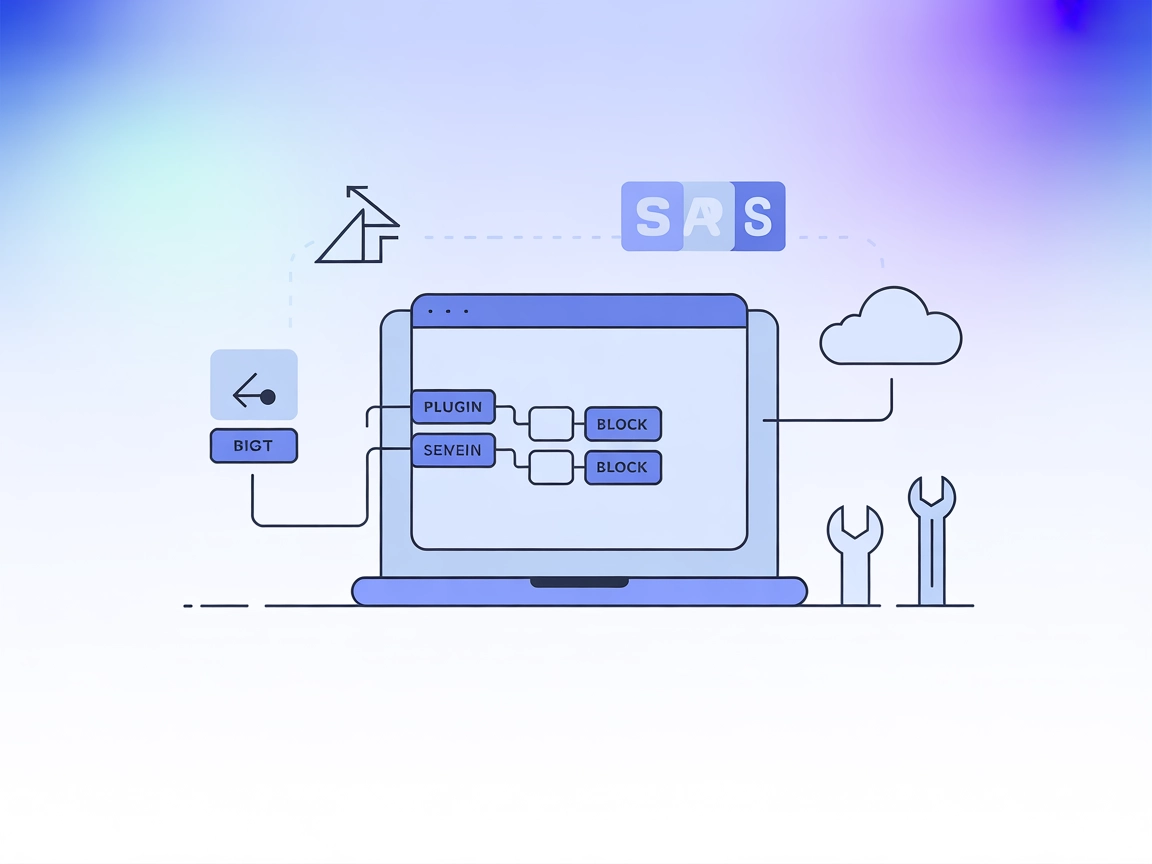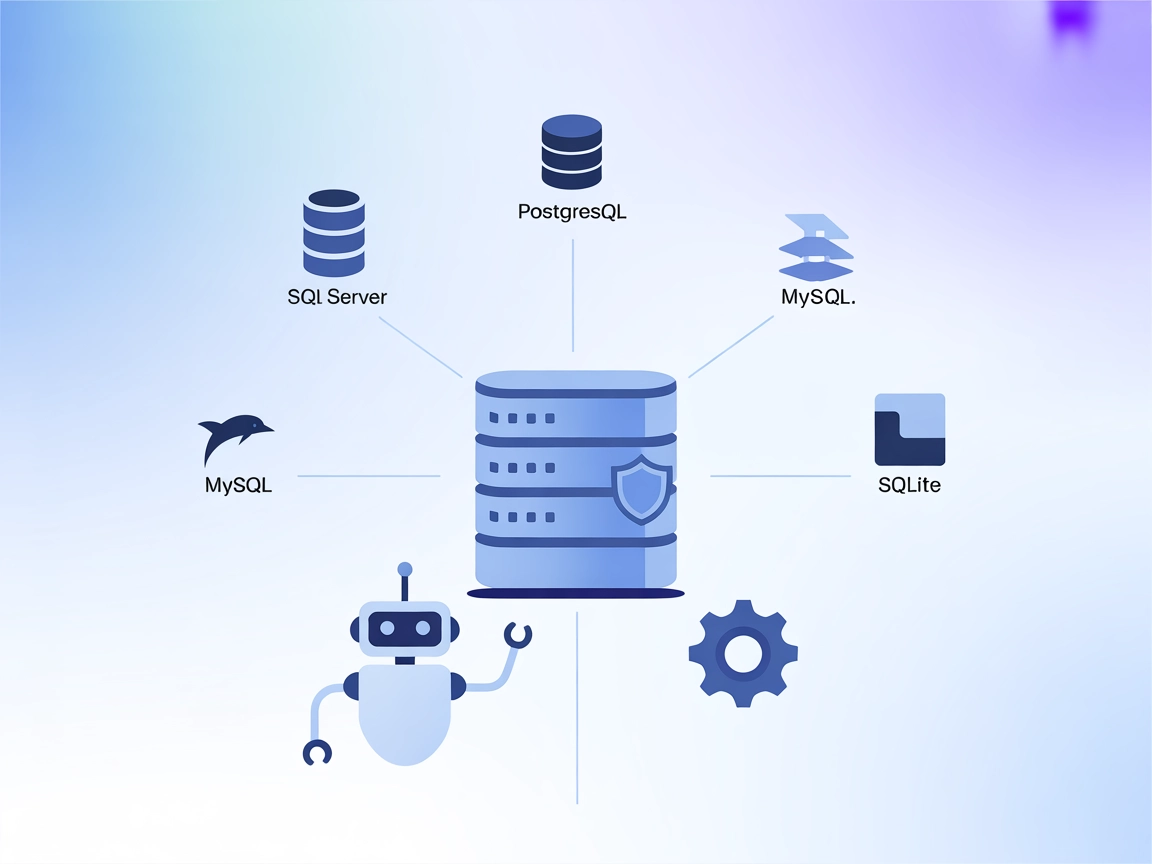Cursor MCP Installer MCP Server
Automate MCP server installation and configuration in Cursor IDE with the Cursor MCP Installer. Easily extend AI assistant capabilities with external integrations for rapid development.

What does “Cursor MCP Installer” MCP Server do?
The Cursor MCP Installer is a Model Context Protocol (MCP) server designed to simplify the installation and configuration of other MCP servers within the Cursor IDE. By providing a git URL, users can leverage this tool to quickly install MCP servers, making it easier to connect AI assistants with external data sources, APIs, and services. This streamlines development workflows by automating the setup process, enabling AI systems to perform tasks such as database queries, file management, or API interactions within the Cursor environment. The main aim is to facilitate rapid onboarding and integration of additional MCP server capabilities for both development and production use.
List of Prompts
No information available about prompt templates in the given repository.
List of Resources
No information available about resources exposed by the server in the given repository.
List of Tools
No information available about specific tools provided in server.py or elsewhere in the given repository.
Use Cases of this MCP Server
- Rapid MCP Server Installation
Streamlines the process of installing MCP servers in Cursor IDE by accepting a git URL and automating setup. - Automated Configuration
Handles configuration steps required for new MCP servers, reducing manual intervention and potential errors. - Simplifies Onboarding
Makes it easier for developers and teams to adopt and experiment with new MCP servers without deep technical setup. - Boosts Productivity in Cursor
Integrates directly with Cursor IDE to help users quickly extend AI assistant capabilities with external tools and services.
How to set it up
Windsurf
- Ensure you have Node.js installed.
- Open the Windsurf configuration file.
- Add the Cursor MCP Installer MCP server using the snippet below.
- Save the configuration and restart Windsurf.
- Verify the MCP server is available.
{
"mcpServers": {
"cursor-mcp-installer": {
"command": "npx",
"args": ["@matthewdcage/cursor-mcp-installer@latest"]
}
}
}
Claude
- Ensure Node.js is installed.
- Locate Claude’s configuration file.
- Insert the MCP server definition as shown below.
- Save, restart Claude, and verify operation.
{
"mcpServers": {
"cursor-mcp-installer": {
"command": "npx",
"args": ["@matthewdcage/cursor-mcp-installer@latest"]
}
}
}
Cursor
- Ensure Node.js is installed.
- Open Cursor’s configuration settings.
- Add the MCP server using the code below.
- Restart Cursor and check server availability.
{
"mcpServers": {
"cursor-mcp-installer": {
"command": "npx",
"args": ["@matthewdcage/cursor-mcp-installer@latest"]
}
}
}
Cline
- Confirm Node.js is installed.
- Edit Cline’s configuration file.
- Add the MCP server details below.
- Save and restart Cline.
{
"mcpServers": {
"cursor-mcp-installer": {
"command": "npx",
"args": ["@matthewdcage/cursor-mcp-installer@latest"]
}
}
}
Securing API Keys
Use environment variables to secure any required API keys by adding an env object in the configuration. For example:
{
"mcpServers": {
"cursor-mcp-installer": {
"command": "npx",
"args": ["@matthewdcage/cursor-mcp-installer@latest"],
"env": {
"API_KEY": "your-api-key"
},
"inputs": {
"apiKey": "${API_KEY}"
}
}
}
}
How to use this MCP inside flows
Using MCP in FlowHunt
To integrate MCP servers into your FlowHunt workflow, start by adding the MCP component to your flow and connecting it to your AI agent:

Click on the MCP component to open the configuration panel. In the system MCP configuration section, insert your MCP server details using this JSON format:
{
"cursor-mcp-installer": {
"transport": "streamable_http",
"url": "https://yourmcpserver.example/pathtothemcp/url"
}
}
Once configured, the AI agent is now able to use this MCP as a tool with access to all its functions and capabilities. Remember to change “cursor-mcp-installer” to your actual MCP server name and replace the URL with your own MCP server URL.
Overview
| Section | Availability | Details/Notes |
|---|---|---|
| Overview | ✅ | |
| List of Prompts | ⛔ | No information found |
| List of Resources | ⛔ | No information found |
| List of Tools | ⛔ | No information found |
| Securing API Keys | ✅ | Environment variable pattern shown |
| Sampling Support (less important in evaluation) | ⛔ | No info |
Our opinion
Cursor MCP Installer is a focused MCP utility designed for server automation in Cursor IDE. While it excels at its core function, the lack of detailed prompt, resource, and tool documentation limits its versatility as an MCP example. The repository does provide a clear licensing model and practical setup instructions.
Score: 4/10 — Great for its specific purpose but missing broader MCP primitives and documentation.
MCP Score
| Has a LICENSE | ✅ (MIT) |
|---|---|
| Has at least one tool | ⛔ |
| Number of Forks | 4 |
| Number of Stars | 55 |
Frequently asked questions
- What is the Cursor MCP Installer MCP Server?
The Cursor MCP Installer is a utility MCP server for the Cursor IDE. It automates the process of installing and configuring other MCP servers via a git URL, allowing for quick integration of external tools and data sources into your AI workflows.
- How does the Cursor MCP Installer improve productivity?
By automating MCP server setup, it reduces manual configuration steps, minimizes errors, and allows developers to focus on building intelligent workflows instead of infrastructure.
- Can I use the Cursor MCP Installer in environments other than Cursor IDE?
While designed for Cursor IDE, you can configure the installer in other supported environments like Windsurf, Claude, and Cline, provided they allow custom MCP server definitions.
- How do I secure my API keys when using Cursor MCP Installer?
You should use environment variables in your configuration to store sensitive data like API keys, following the provided JSON examples.
- Does the Cursor MCP Installer come with prompt templates or built-in tools?
The current version does not provide prompt templates or explicit tool definitions. Its main focus is on automating the installation and configuration of other MCP servers.
- What is the licensing model for Cursor MCP Installer?
Cursor MCP Installer is released under the MIT License, making it open source and suitable for commercial and personal use.
Install Cursor MCP Installer in FlowHunt
Streamline your AI workflows with one-click MCP server installation and configuration inside Cursor IDE. Accelerate AI assistant integration with FlowHunt today.



